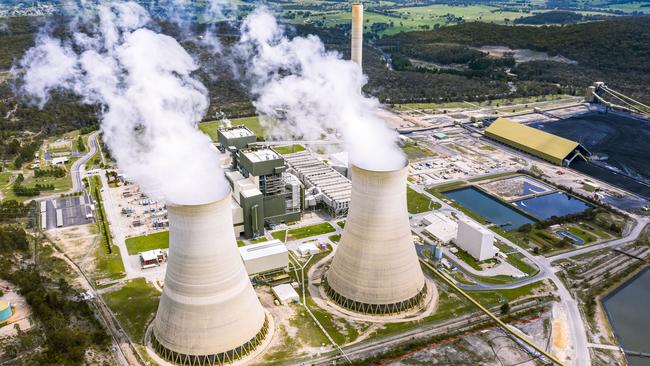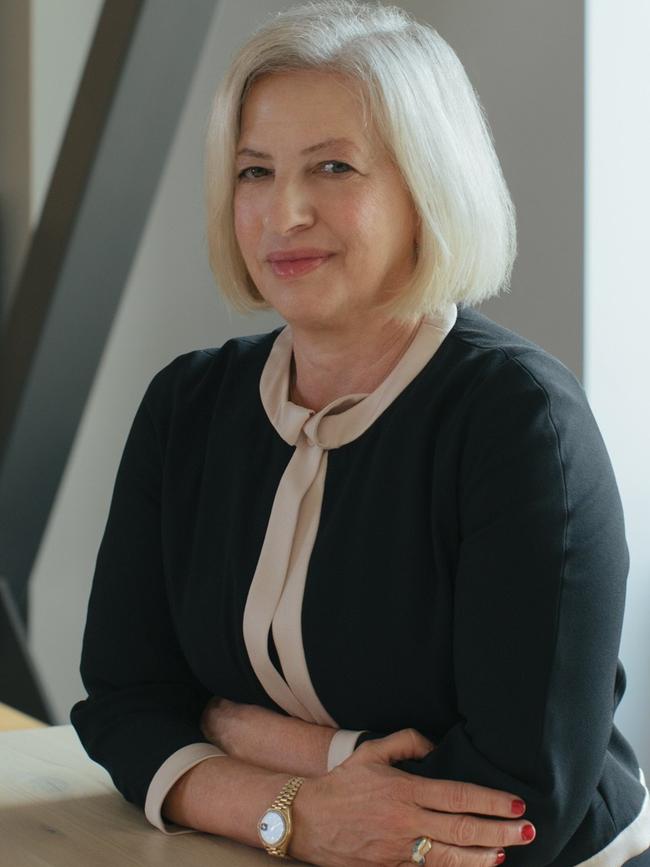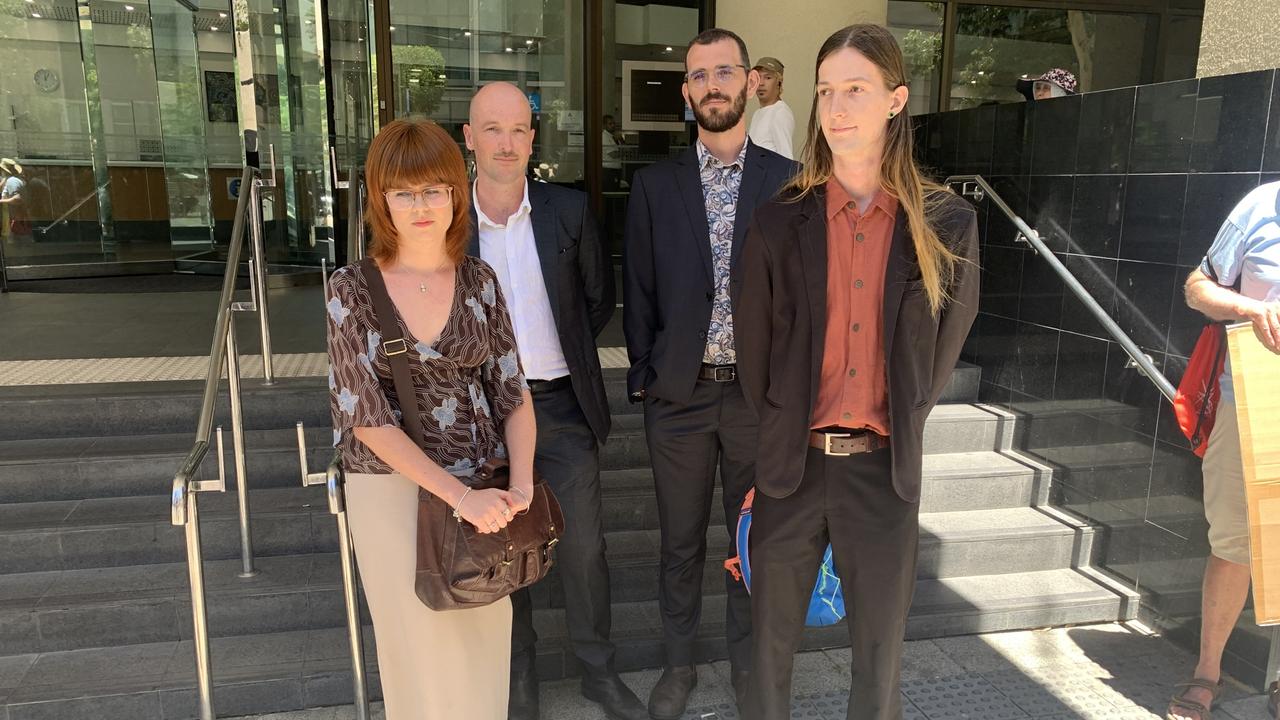Out of time: ex-AEMO boss Audrey Zibelman backs green revolution
The former head of the Australian Energy Market Operator has backed a rapid switch to renewables after several years warning coal was headed for an early exit.

Audrey Zibelman, the former head of the Australian Energy Market Operator, says she grew frustrated over “different versions of the truth” about the shift away from coal to renewables during her time in the top role and that the national energy crisis has underlined the need to fast-track a move to clean energy.
Ms Zibelman, who quit AEMO for a role at Alphabet’s Moonshot Factory, faced criticism from Coalition politicians early in her three-year tenure for favouring renewables over fossil fuel generation and delivering a series of prescient warnings to governments that Australia’s old coal fleet would shut down earlier than forecast. A political battle over keeping coal in the power grid created a series of conflicting messages for industry and investors during her time in the top AEMO job.
“If anything, what I was frustrated with is the fact that we had different versions of the truth. We need to get better information so we’re not necessarily debating on things that we shouldn’t and that can be self-evident, with better tools and modelling,” said Ms Zibelman, ahead of speaking at the Sydney Energy Forum on Tuesday.
“My colleagues throughout government – state and federal – and all I ran into, were people who were really trying hard to understand the complexity. I think what I wished I had more than anything else was the ability to have these conversations in such a way that everybody could see what we were seeing in the way we were seeing it.”
The suspension of the national electricity market by AEMO weeks ago underscored the volatility in moving to a modern energy system, she said.
“AEMO did an amazing job dealing with a challenging situation. When I was there we did talk about the need to change the markets and some of the market rules to address these kinds of changes. That’s just been reinforced by these types of events which show you need the ability to adapt much more quickly.”

When the US executive arrived in Australia to take the AEMO job in March 2017, then South Australian premier Jay Weatherill shirt-fronted then Treasurer Josh Frydenberg, accusing him of “white-knuckled panic” over the country’s “broken energy market”.
Ms Zibelman said that with triple the current level of renewables needed to replace ageing coal generation by 2030, she was relieved Australia had moved on.
There was no time to waste in delivering solar and wind along with the back-up supplies to ensure a smooth energy transition.
“We’ve run out of time. We can’t have these debates anymore,” Ms Zibelman said, imploring industry and governments to now press on.
“Australia is one of the parts in the world where the rest of the world can (see) what this transition is going to look like. And it is a challenge. And we can’t shirk it, and we can’t wish it away. What we need to be doing is thinking through how we accomplish this … that the power system ends up more reliable, more resilient, affordable as well as decarbonised. Finding these end solutions are hard, but they’re essential.”
Ms Zibelman is now focused on developing breakthrough technology at Alphabet’s X, a “moonshot factory” trying to find solutions for big global issues including agriculture, ocean health and supply chains.
She is working on on Tapestry, which aims to accelerate the decarbonisation of power systems by creating highly accurate models of the grid, predicting how it will behave from nanoseconds to years in the future.
X plans to seek Australian partners for Tapestry as it works on a three-fold mission: accelerating the slow pace of renewables rollouts globally in the short term; developing transparency in energy project economics over the medium term; and over the long term, creating a data platform to organise the world’s electricity information. Harnessing these tools and potentially turning Tapestry into an actual business under Alphabet now consumes Ms Zibelman’s time.
“The challenge we have on power systems is that there isn‘t a single source of truth that people can see and there’s not a single tool that you could say let me just show you when this happens, and under what circumstances this could happen and the implications it might have. And as a consequence, we have lots of debate and conversations and different models will show different things. And so the challenge of our moonshot is how can we create a single source of truth that people have confidence in?”
“It’s a vision. And with tech, there’s always a measure of uncertainty, but we are going to work really hard to make it a reality.”







